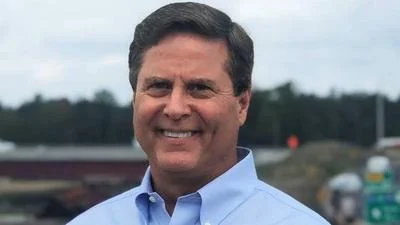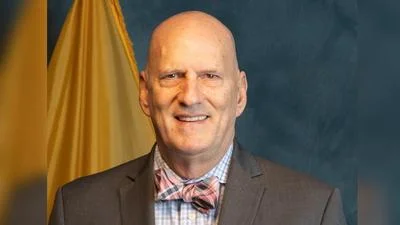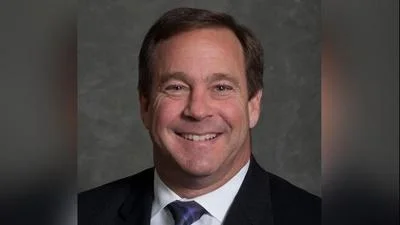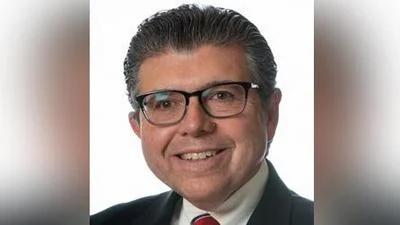State Rep. John Dimaio, Minority Leader - District 23 | Official U.S. House headshot
State Rep. John Dimaio, Minority Leader - District 23 | Official U.S. House headshot
Assembly Republican Conference Leader Christopher DePhillips has urged legislative leaders to reconsider tax increases, as Democrats propose a hike in the sales tax to fund NJ Transit during the final stages of state budget negotiations. Instead, DePhillips advocates for a comprehensive review of NJ Transit to pinpoint areas of waste and potential cost-saving measures.
"The Democrats have quite literally gone off the rails," DePhillips (R-Bergen) stated. "My message to Democrats working the budget behind the scenes is simple: Leave state taxpayers alone, leave commuters alone, leave businesses alone and let’s take a look at cutting significant costs at NJ Transit."
Governor Phil Murphy has proposed a new 2.5% corporate surcharge on businesses earning over $10 million to address NJ Transit’s budget deficit. The Senate and Assembly budget chairs are contemplating an increase in the state sales tax to 7% as an alternative. These proposed tax increases come in addition to NJ Transit’s 15% fare hike set to take effect in July.
"Bailing out NJ Transit should not be on the backs of burdened residents or businesses. Instead of looking internally at the agency and asking the hard questions, Democrats want to beat up taxpayers," DePhillips said.
Legislators are exploring ways to establish a dedicated funding stream for the agency, which is projected to face a $119 million shortfall next fiscal year. To maintain operations, NJ Transit has depended on diverting funds from its capital budget and the state’s clean energy funds.
"As a state-run agency, NJ Transit has historically been mismanaged and notoriously inefficient. A surgical dissection of NJ Transit’s budget is not only warranted but a standard of legislative due diligence," DePhillips said. "Creating a budget without a complete and up-to-date audit of NJ Transit is completely irresponsible and I fear state taxpayers will pay the price."






 Alerts Sign-up
Alerts Sign-up